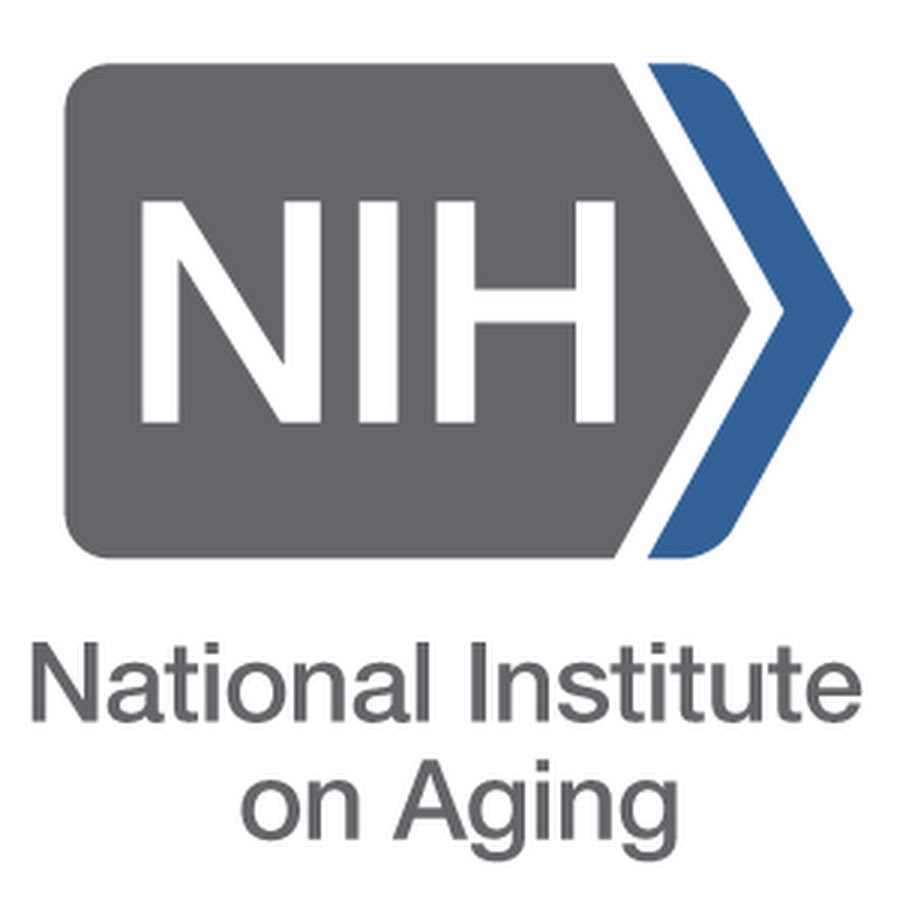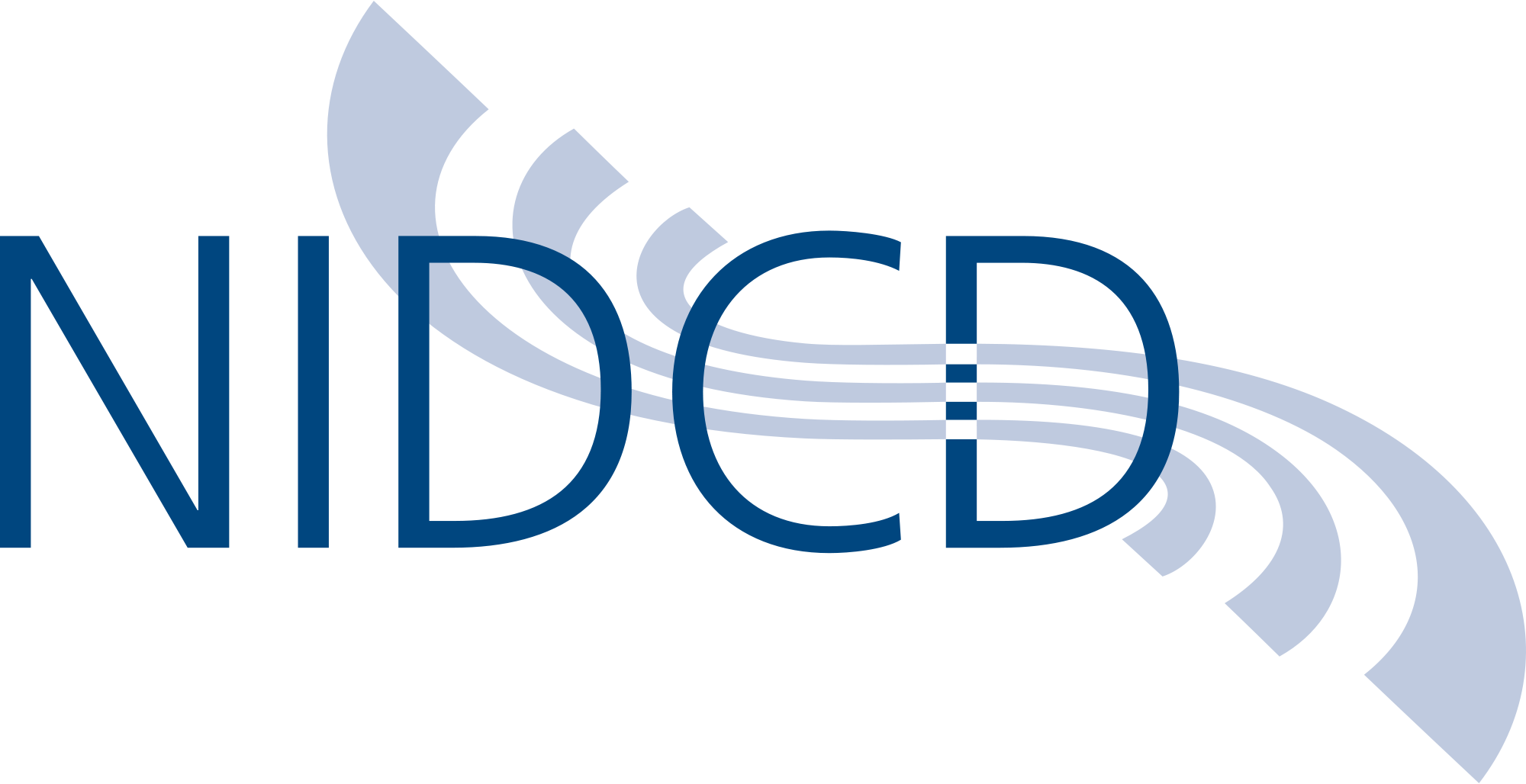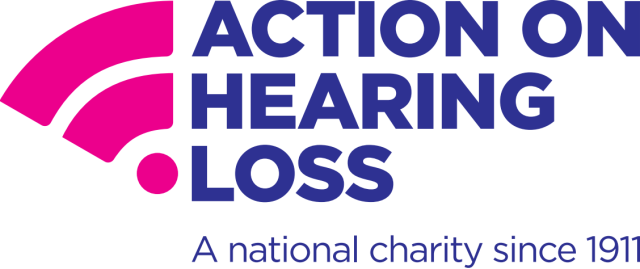Research
The Frisina Laboratory Team is an interdisciplinary, collaborative group, which through its core disciplines of neuroengineering, biomedical engineering, and neurosciences enhances the University of South Florida's strategic initiatives in basic and clinical research, teaching/learning, scientific discovery, entrepeneurship and innovation, student success, mentoring at all levels, and community service.
Our Vision
To be a global leader in characterization, prevention, and therapeutics of hearing impairments and disorders through integrated multi-disciplinary engineering and biomedical research.
Drug Delivery
Current investigations involve research and development on micropump development and testing for delivering drugs to the cochlea at nanoliter infusion rates, to foster inner ear drug delivery options and novel techniques.
Genetics
We utilize different mouse strains to study the cellular and molecular changes, including gene and protein expression modifications, underlying acquired hearing loss; including age-linked hearing loss and noise-induced hearing impairment.
Hormones
Generally hormones decline with age. We studying interactions between modulation of hormone levels and the prevention or progression of age-related hearing loss. Major lines of our research indicate that estrogen+progesterone hormone therapy (HRT) can be detrimental to hearing in older females, while estrogen can be beneficial. Whereas aldosterone HRT can help prevent or reduce certain key aspects of age-related auditory deficits.
Neural Mechanisms of Age-related Hearing Loss
One of our major auditory research focal efforts has been at uncovering the molecular and neural mechanisms of ARHL, under the auspices of an NIH Program Project grant that we have had since 1991, upon which I am the PI. Over 150 publications have resulted where we have discovered age-related declines in auditory system processing circuitry mediating age-linked sound temporal processing deficits.
Medical Co-Morbidities and Auditory Aging
The influences of medical conditions on sensory processing remains controversial and an under-studied area of basic and clinical enquiry. For example, as more and more cancer treatments are successful, sensory deficits resulting from the chemotherapy and radiation dosages become very important issues for cancer survivorship. I am fortunate to be the lead auditory investigator working with one of the top groups in the world on testicular cancer survivorship under the auspices of a large NIH grant.
contact usplease fill in the contact form, and we will answer



